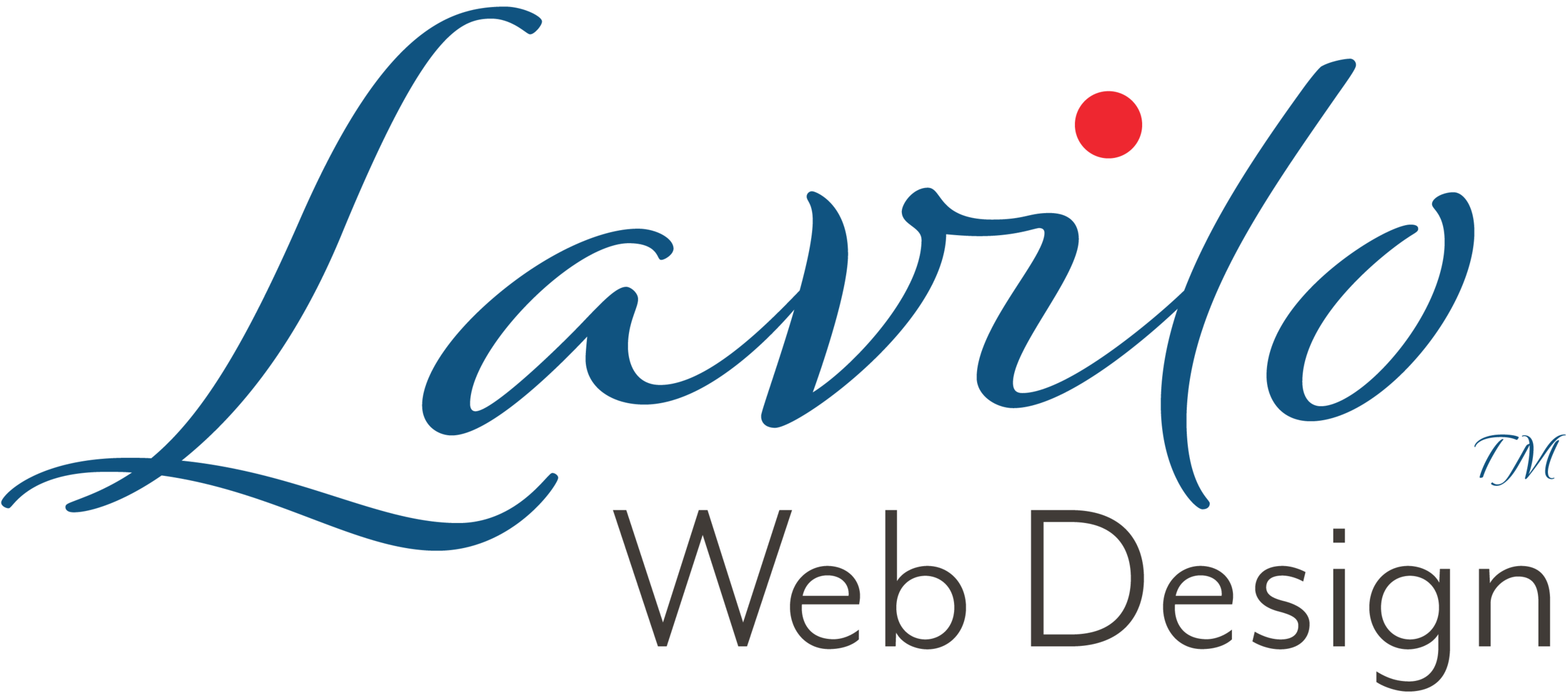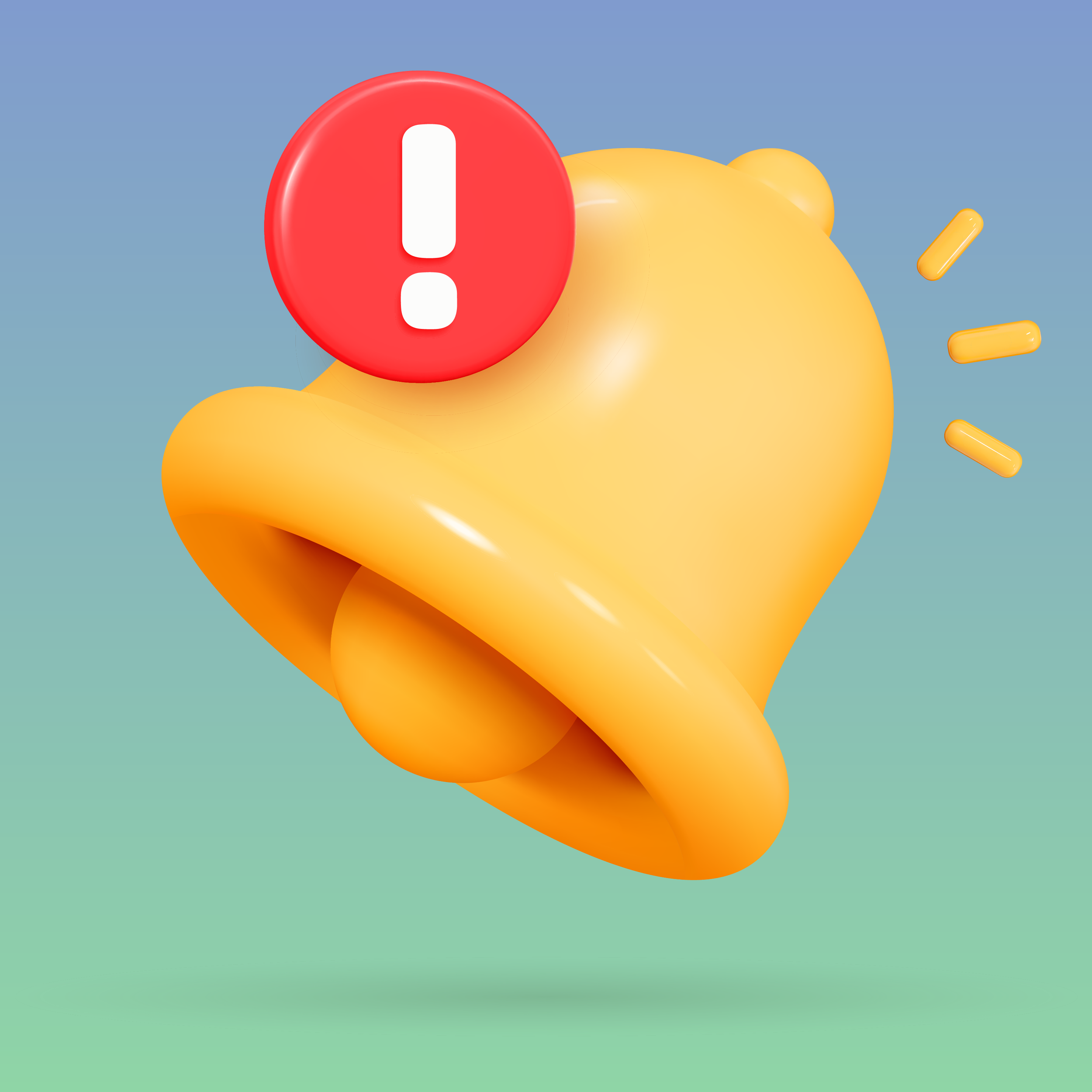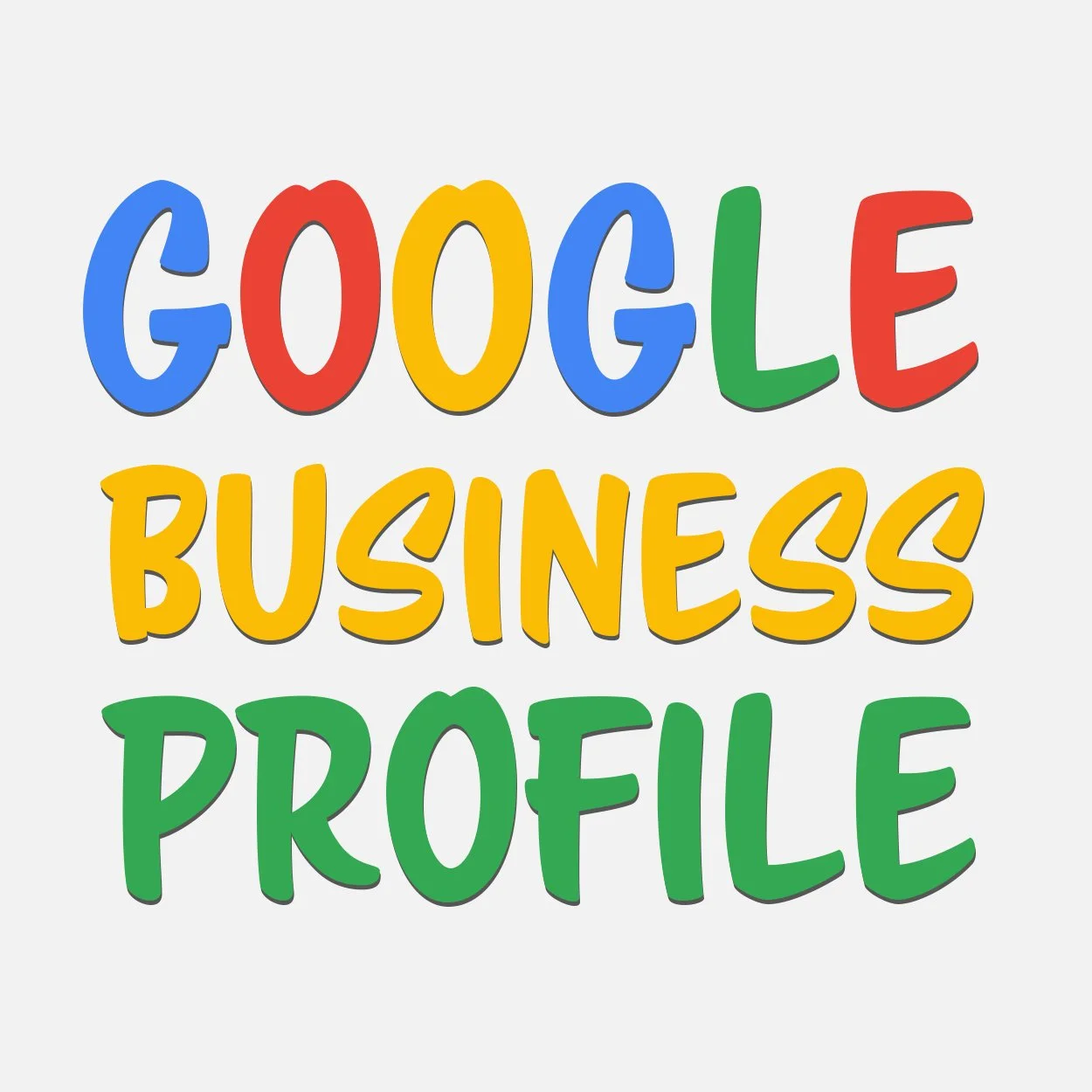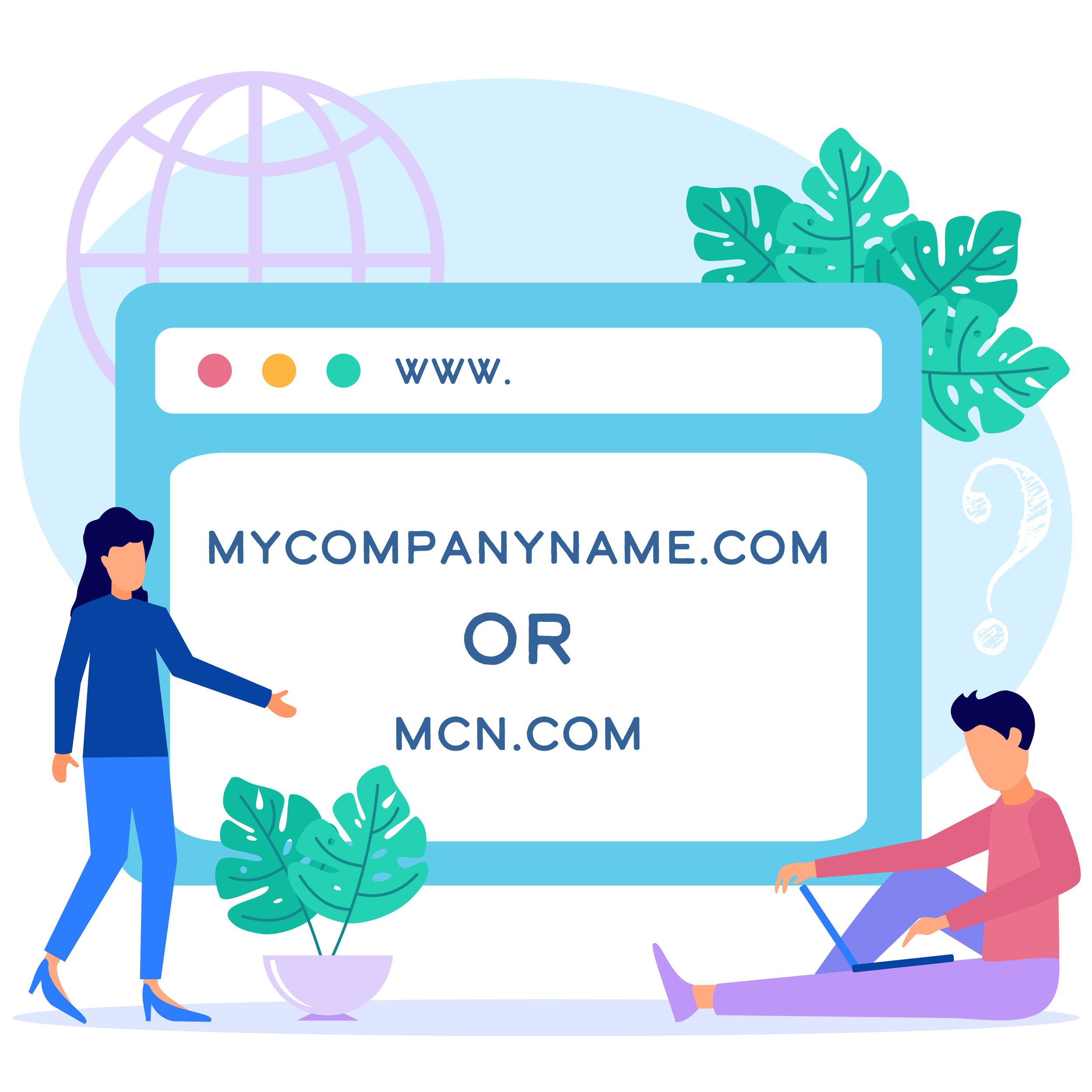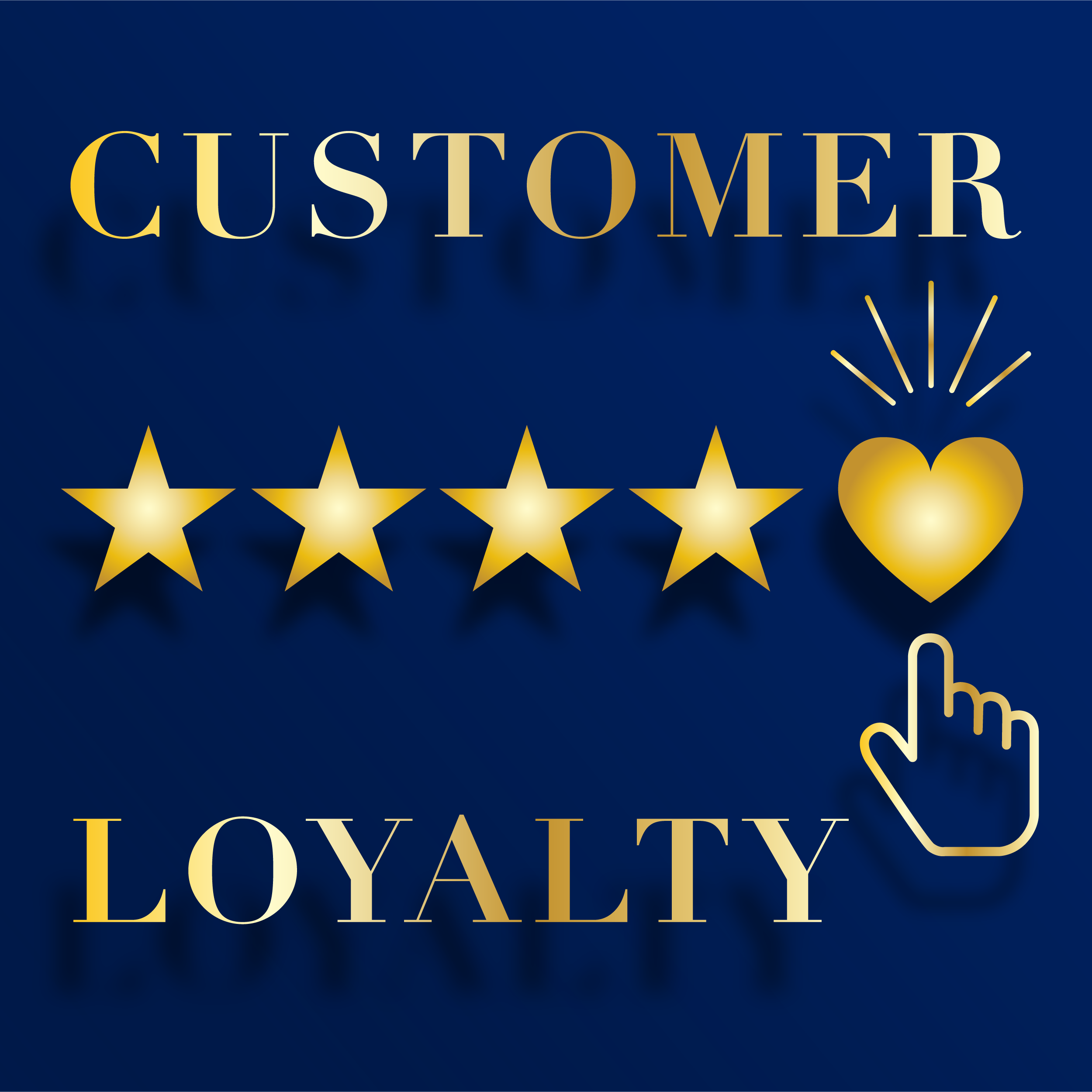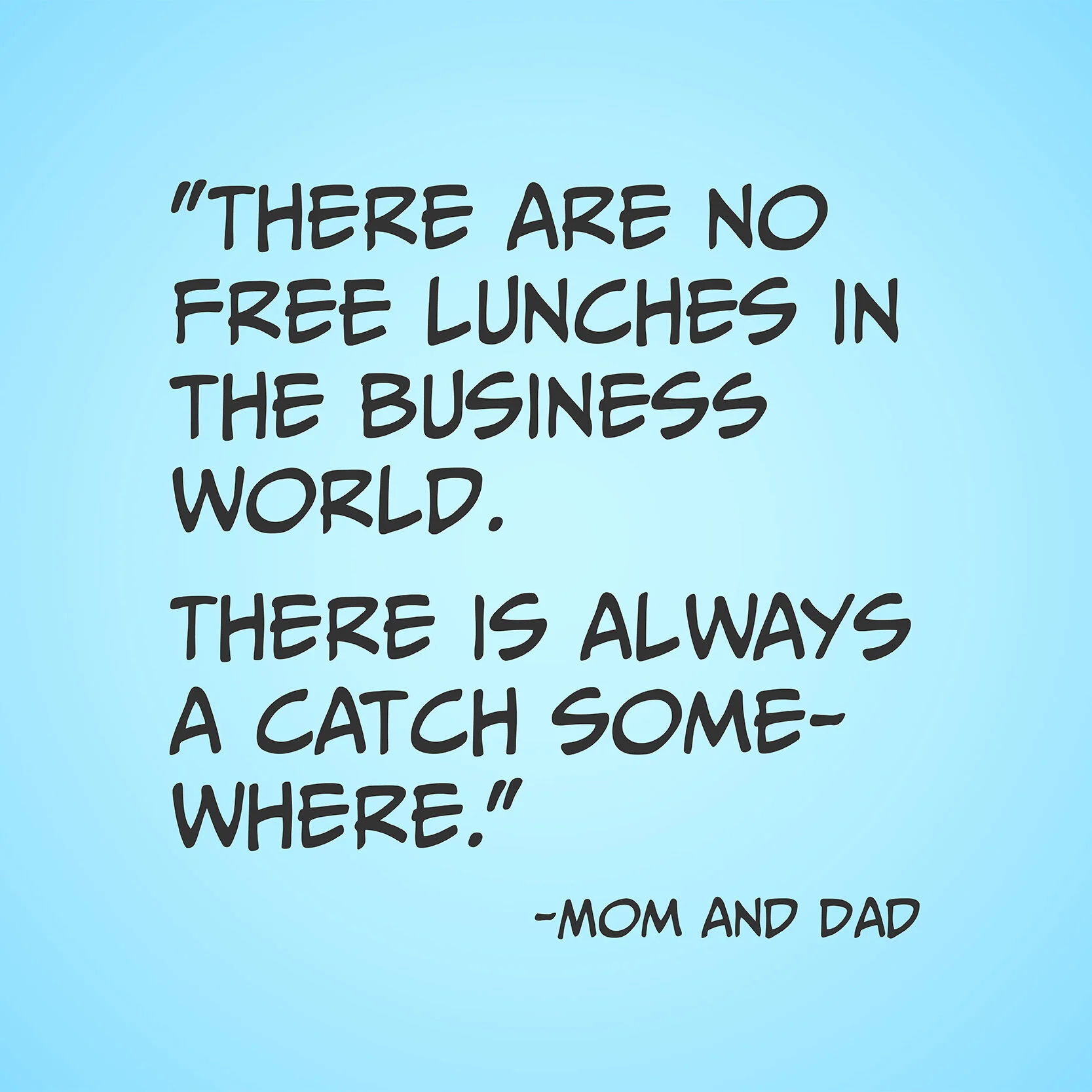What Is a Clean URL?
The Internet appears to be full of strange acronyms and unexpected word combinations. It sometimes feels that you are reading Egyptian hieroglyphs. However, once you decipher what they mean, they can often significantly improve your web presence as the concepts behind them are usually easy to understand.
One of these odd word combinations is the term clean URL.
The term clean URL is often used in conjunction with us trying to boost our website's ranking in search results. The reason for this is that search engines read the path after our domain name that points to our content (▶︎ What Is a Domain?). If this path is just a random combination of letters and digits, then Google and Bing could conclude that this path may not be meaningful to non-expert users and could subsequently downrank the page.
The path to a specific page on your website is called a URL, which stands for Uniform Resource Locator. The URL can consist of letters and numbers, as well as plus (+), period (.), or hyphen (-).
A URL is considered clean if it means something to a non-expert user. For example, the URL
can be understood by everybody and is therefore clean, while
may only say something to a web developer and is consequently uncleaned.
In a nutshell, if you can read and understand a URL, that URL is clean. When we design websites for our clients, we always use clean URLs.
In this context, there is another term that you are likely to hear when you work on your website. The term is slug.
A slug in Internet lingo is the latter part of the URL that identifies the page in human-readable words. In my example, the slug of this article would be /what-is-a-clean-url. Always use a hyphen instead of spaces to separate words; otherwise, your slug becomes illegible very quickly as spaces will be encoded.
Slugs can be derived from the page title, like in my case. However, if the page title is too long, the slug should be shortened. It can also be optimized for search engines.
▶︎ 7 Tips to Improve Your Search Ranking
With this little piece of information now being part of your web design tool kit, you can create your URLs to be meaningful, just as search engines and your users like it.
